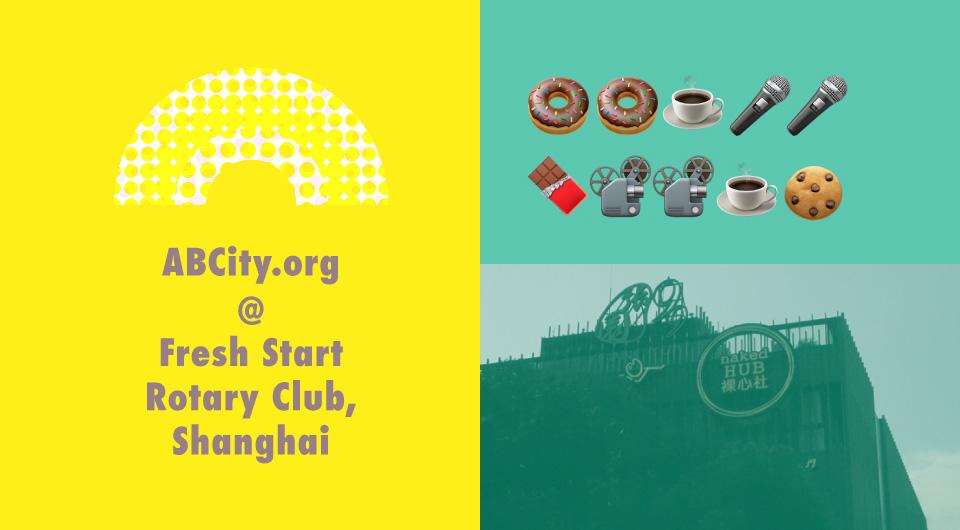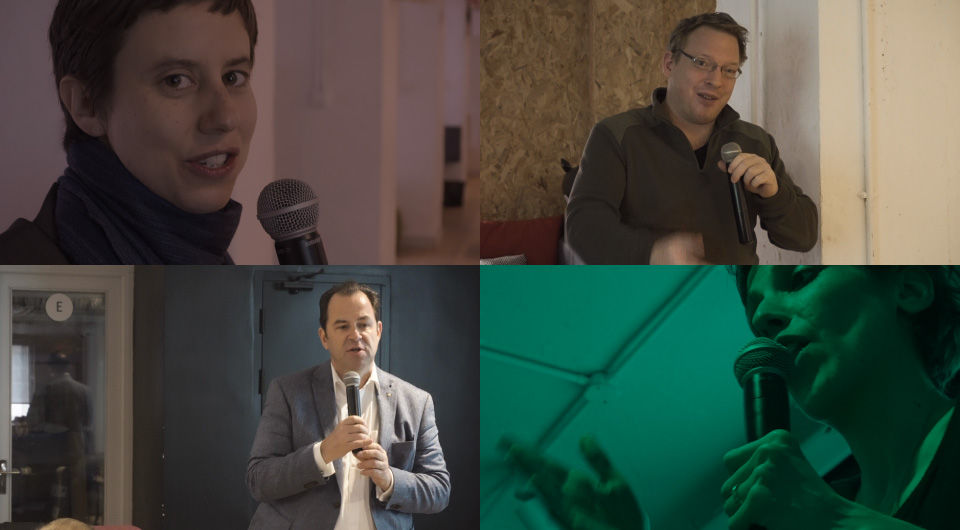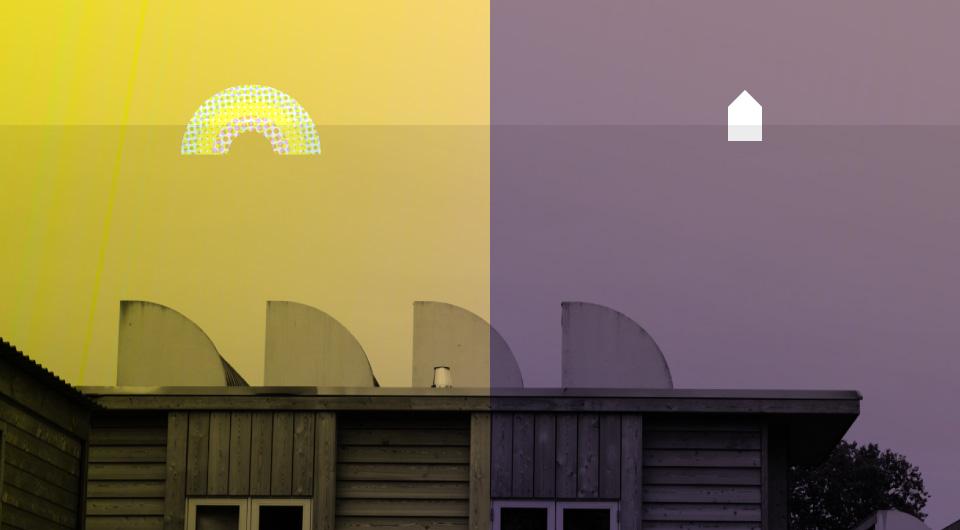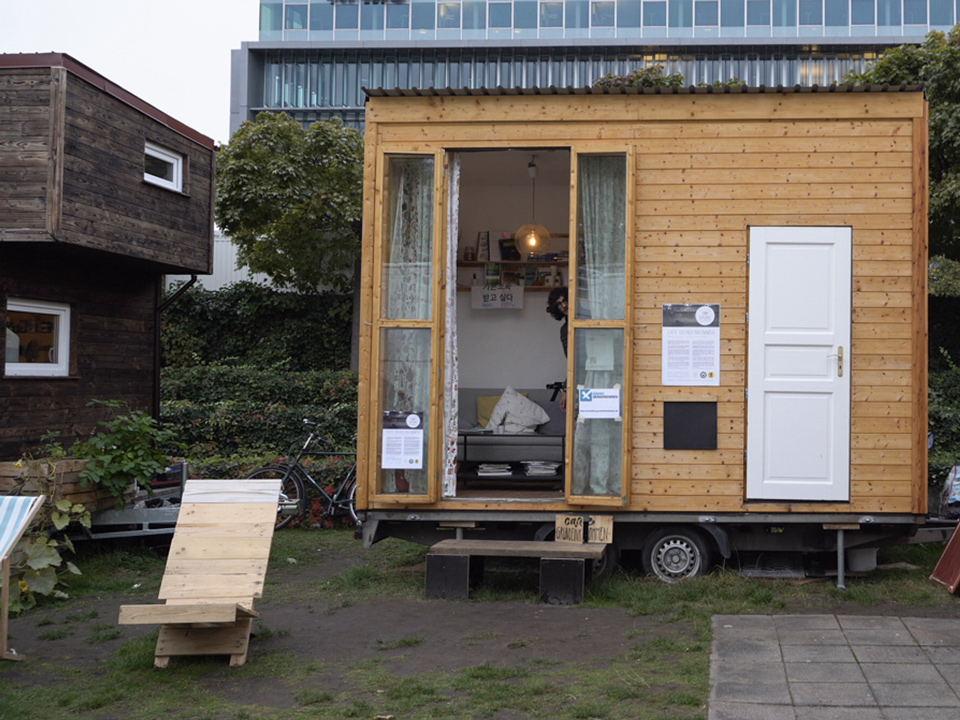Fresh Start Rotary Club - let's answer some questions!

Can you think of a better way to end your trip and exploration than giving a talk about your experience and learnings? We couldn't. When we realised that we could have this opportunity, we got super-excited, shafted plans around and got all sorted for our speech at the Fresh Start Rotary Club.
We will not repeat here what we said last Friday. There will be other opportunities for this:
- Specific blog posts on social impact per country (coming up in January, so watch this space!);
- A photo gallery of the social entrepreneurs and innovators we have met;
- The documentary we are working on; and
- (we hope!) Other speeches!
But we thought we should share some of the questions we were asked at the end and our answers:
- How have you found and selected the social enterprises and initiatives you visited during your journey?
First, research on the internet during the months before the trip. Then word of mouth, both at a distance and in country - for example through the Impact Hub network. Two directories were also very helpful - one in Russia and one in China. And this website is full of inspiring social enterprises too!
- What are the main causes social entrepreneurs are trying to tackle? Did you see any pattern?
Our exploration focussed on three main areas: radical food, urban innovation and sport for transport. So most of the initiatives we visited work in these sectors. However, these are mainly our own interest areas, not really patterns that we could identify. Among these three sectors, it is true that we have seen more initiatives around food than on the other topics.
- Did you ever felt that some causes are more important than others? Or that people are doing what they do because of their own interest and not for the cause?
No, it's all about their passion. The people we met do what they do because they believe it is important. In some (perhaps most) cases, they are still ‘struggling’ in making their initiatives financially viable. Of course, social entrepreneurs want to make a living out of their businesses. But profit was not the motivating factor among those we interviewed. Plus, except the SocEnt we interviewed in Germany and the U.K., they receive no recognition from the government, so no tax release for example.
- You mentioned the story of a social enterprise that was shut by government’s decision in Russia. This could happen in China too. What should be done in contexts where governments are not always supportive? What should the role of the Government be?
This is a tricky question. We would go with a politically correct answer ;-)
The legal and political environment is obviously an important influencing factor for any type of business to succeed. When the government supports social entrepreneurship, financial viability can be reached earlier and in an easier way. However, the social innovators we saw social innovators that did not give up in spite of their struggle. The ones behind the story you refer to opened a new social enterprise after their first one got shut down. Determination is crucial to make the world a better place and… lead by example!
- In some cases, social enterprises now play the role that used to belong to religious organisations. Do you agree? Have you witnessed any of this?
We have not… but this is an interesting question! In fact, we found it hard to speak about religion most of the time as if people were in denial of such a thing as ‘religion’. We think this is due to the recent history of the countries we have visited and the communist approach to religion. Instead, we were under the impression that social enterprises are coming in to fill gaps left by the state in countries where the state used to provide to society more than what it is now.
- What was the most unexpected thing during your journey?
Packing ‘eco-rice’ until late at night to help our hosts in the middle of the most rural China!
Afterthought (not shared at the event but worth mentioning here): doing an interview via WeChat using the ‘translate’ function. That was brilliant!
- What is coming next?
Three main plans:- Sharing our learning more and more widely!
- Keeping in touch with all the social entrepreneurs and social innovators we met, and providing services to them. We are developing a series of webinars with one of them, working on the visual identity of a couple of others. We are post-producing photos that we took to help their marketing activities, etc.
- Developing our own products to tackle issues that we think should be solved. We have an idea related to eco-friendly transportation - as travellers, it’s pretty much obvious! And we are working on a website hosting service powered by green energy. We have introduced this in Italy a few months ago and are planning to scale it up!

We’ll be in Myanmar next year… and very keen to see what will happen there!
Were you at the Fresh Start Rotary on 1st December? Is there anything we have forgotten?
Were you not there? Does anything of the above resonate with your experience of social entrepreneurship?
Please use the comments below!

